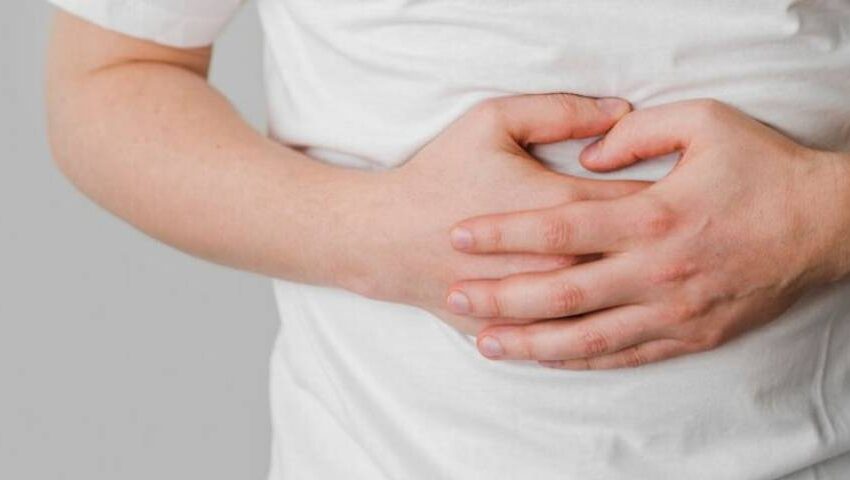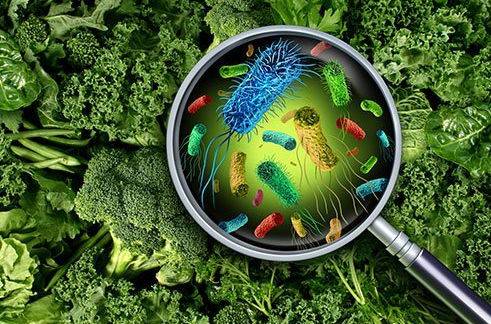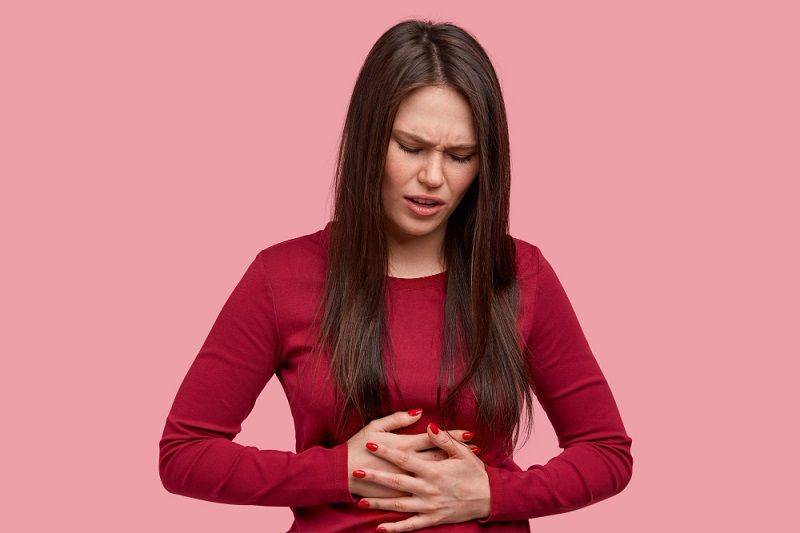
Causes and Treatment of Severe Food Poisoning in Pune
Severe food poisoning may result after eating pathogen-contaminated food. Pathogens such as viruses, bacteria, and parasites cause food poisoning. These infection-causing microbes can contaminate food throughout the processing or manufacturing process.
If food is not cooked, stored, or handled properly, it might get infected. The most common food poisoning symptoms are vomiting, diarrhea, and nausea. Severe food poisoning symptoms can occur within a few hours of consuming infected or rotten food.
As soon as you experience symptoms, immediately consult a competent gastroenterologist in Pune, such as Dr. Samrat Jankar. He is one of the top gastroenterologists and laparoscopic surgeon in Pune.
Continue reading this article to know more about the causes, symptoms, and treatment of severe food poisoning.
Let's know the Causes of Food Poisoning

Contamination is more likely in ready-to-eat and raw foodstuffs such as unprocessed meat, salads, and other foods. Because these meals are uncooked, bacteria are not killed, resulting in food poisoning.
You could have symptoms in as little as 2 hours or as long as a few days. Severe food poisoning results from contaminants like
- E. coli
- C. botulinum
- Salmonella
- Rotavirus
- Shigella
- Campylobacter
- Listeria
Foods that are most likely to cause food poisoning are:
- Raw or undercooked eggs, poultry or meat
- Seafood and shellfish
- Unpasteurized dairy products
- Sprouts such as moong beans
- Improperly handled fruits and vegetables
Let's look at the Symptoms of Food Poisoning
According to Dr. Samrat Jankar, a competent surgical gastroenterologist in Pune, different contaminants can cause varied symptoms. However, some common symptoms are abdominal cramps, vomiting, watery diarrhea, nausea, and fever. The condition lasts from a few hours to some days. Often, the symptoms occur within a few hours of consuming the infected food.
You should seek advice from a proficient gastric doctor in Pune if you experience any of the following symptoms:
- Inability to tolerate liquids and frequent vomiting
- Diarrhea for over three days
- Severe abdominal cramps
- Blood in vomit or stools
- Fever
- Dehydration- constant thirst, acute weakness, dry mouth, and dizziness
- Neurological symptoms like blurred vision, tingling in arms, and muscle weakness
Diagnosis of Food Poisoning
Initially, the doctor performs a physical examination. They may inquire about your medical history, including the duration of the illness, the symptoms, and the foods you may have eaten before the occurrence of symptoms.
To determine the pathogen and the root cause of food poisoning, the doctor may order diagnostic tests such as a blood examination and a stool culture.
Now, let’s discuss
Treatment of Food Poisoning

According to Dr. Samrat Jankar, a skilled gastroenterology surgeon in Pune, the treatment depends on the cause of the ailment and the severity of the symptoms. The treatment involves:
- Restoring the fluid loss: A patient with food poisoning can suffer from diarrhea. It leads to the loss of fluids and electrolytes. Your doctor may recommend treatment to keep the body’s fluid balance and prevent dehydration. People with severe diarrhea or vomiting may also need hospitalization and restore fluid loss intravenously.
- Medications: The doctor may prescribe antibiotics if the patient has a specific bacterial infection with severe symptoms. These medicines are ineffective in viral infections. Your gastroenterologist in Pune may discuss your medication options.
- Lifestyle modifications: Treatment can help alleviate food poisoning symptoms, usually within 48 hours. However, it is best to make specific lifestyle alterations to achieve complete recovery. To help your stomach rest and settle, avoid eating and drinking for a few hours.
Your doctor may ask you to consume probiotics. It will help if you avoid consuming caffeine, alcohol, dairy products, fried foods, and smoking. It is better to eat bland and easy-to-digest foods gradually. Dehydration and illness cause weakness and exhaustion; thus, the doctor may advise you to rest.
Let’s know the,
Risks of Food Poisoning
If you belong to one of the following groups, you may be at a higher risk of getting infected after consuming contaminated food:
Infants and young children: The immunity of small children is not fully established to fight infections.
Adults with chronic conditions: Patients with chronic diseases such as liver disease, diabetes, or cancer treatment with radiation or chemotherapy might weaken immunity.
Elderly people: As we age, our bodies either become ineffectual in their reactions or respond to potential pathogens at a slower rate.
Pregnancy: Changes in metabolism and hormones during pregnancy may raise the risk of foodborne disease.
Prevention of Food Poisoning
Food poisoning can be prevented by taking specific precautions, such as:
- Before handling food, using the restroom, contacting animals, or changing baby diapers, wash your hands thoroughly with warm water and soap for at least 20 seconds.
- If you have skin problems or infections, such as open sores, don’t cook.
- Separate the different food types during preparation and storage in the refrigerator.
- Use different cutting boards for cooked and raw foodstuffs.
- Cook the food to an adequately high temperature to reach inside the food and destroy any pathogens.
- Raw eggs and meat, for example, are more likely to cause food poisoning. If you handle it with care, it will benefit you.
Now, let's know the answers to some commonly asked questions by patients about food poisoning
1. Is a foodborne infection the same as food poisoning?
Yes, the terms are similar. Food poisoning results from the consumption of food infected with harmful pathogens.
2. Are bacteria and viruses the leading causes of food poisoning?
Food poisoning mainly results from infection with bacteria and viruses. However, food poisoning can also be caused by fungi, parasites, chemicals, or toxins in the food.
3. Which foods are the most prone to the contamination?
Uncooked foods, raw foods, uncooked eggs, unpasteurized dairy, and milk products might degrade quickly and are more likely to be contaminated.
